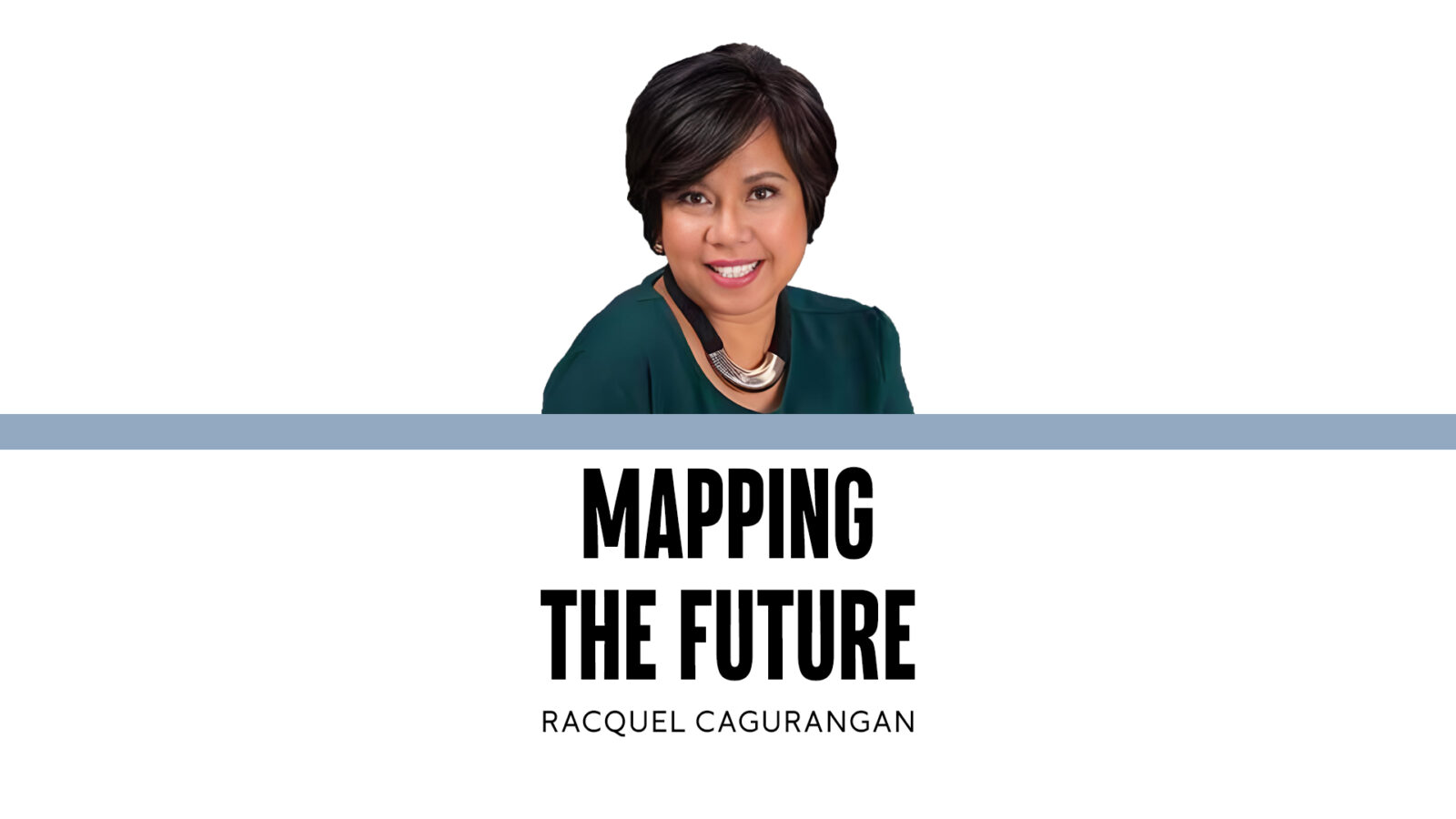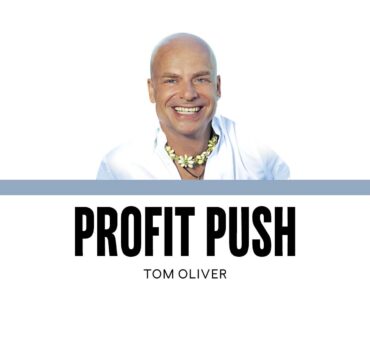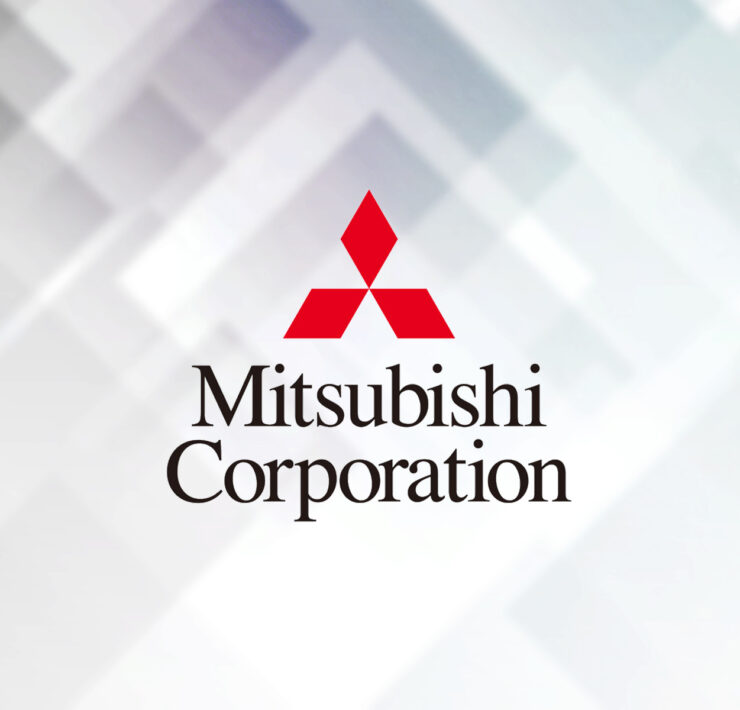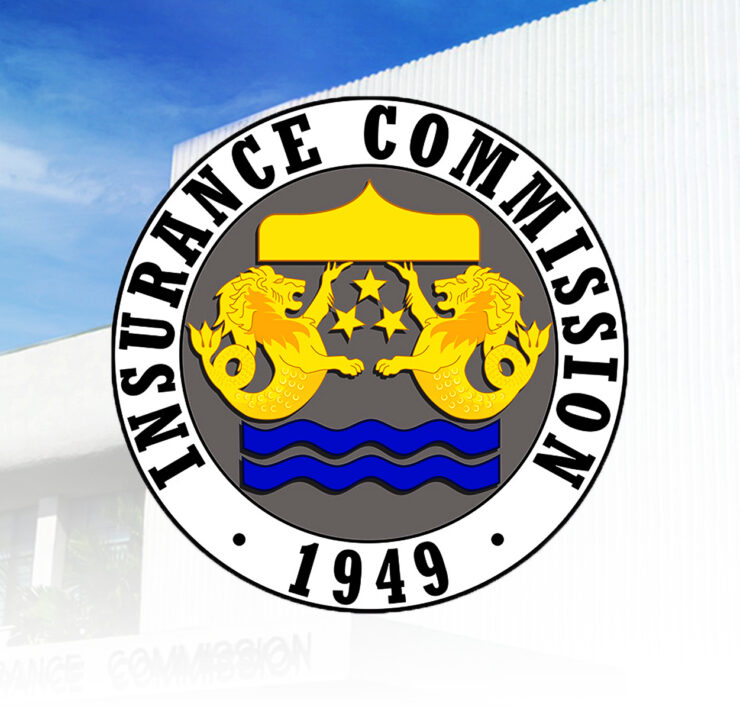Enabling universal health care in the Philippines

The Philippine government is striving for universal health care by implementing the Universal Health Care (UHC) Act, which automatically enrolls all Filipinos in the National Health Insurance Program or PhilHealth. This Act aims to provide equitable access to quality and affordable health-care services, with financial risk protection for all, including Overseas Filipino Workers (OFWs).
Since its signing into law in February 2019, despite major challenges and controversies in the implementation, PhilHealth deserves the credit for pushing for expansion in the coverages on out-patient, in-patient and primary care access, as well as addressing some issues on payments to providers, especially the hospitals.
The key aspects of enabling universal health care in the Philippines include the following:
- Universal coverage: The UHC Act mandates that all Filipino citizens are automatically included in the National Health Insurance Program, ensuring that everyone has access to health-care services.
- Financial risk protection: The UHC Act aims to protect Filipinos from the financial burden of health-care costs, ensuring that they can access essential services without facing financial hardship.
- Integrated delivery of services: The UHC Act emphasizes the integrated delivery of health services, focusing on a whole-of-system approach to improve health-care access and quality.
- Strengthening primary health care: The UHC Act prioritizes primary health care as the foundation of the health care system, ensuring that all Filipinos have access to basic and essential services.
- Digital health initiatives: The government is also leveraging digital health technologies to improve access to health care, particularly in remote areas.
- Public-Private Partnerships: Collaboration between government and private entities is crucial for implementing the UHC Act and ensuring the sustainability of the health-care system.
- Focus on self-care: Promoting self-care and empowering individuals to manage their health proactively is also a key component of the UHC Act.
- Health technology assessment: The UHC Act emphasizes the importance of health technology assessment to ensure that investments in health care are evidence-based and cost-effective.
- Addressing health equity: The UHC Act aims to address health inequities by prioritizing the needs of the underserved and marginalized populations.
- Strengthening the health workforce: Investing in training and development of health care professionals is crucial for ensuring the availability of skilled and qualified personnel.
- Continuous improvement: The UHC Act is not a one-time solution, but rather a continuous process of improvement and adaptation to meet the evolving needs of the population.
Challenges
For every “enabler,” the above items become the checklist for the universal health-care delivery.
However, the challenges in enabling universal health care are real; therefore, there must be careful considerations. For example, huge shortage of access to doctors, hospitals and equipment, especially in the rural areas, can truly hinder access to quality health care. Having worked in the industry for over 12 years, witnessing these infrastructure limitations is disheartening and the only bright spot seems to be opportunities in finding ways to use alternatives to a face-to-face consultation with the doctors, beyond telemedicine, like AI applications.
Ensuring that everyone has access to technology and internet connectivity is crucial for effective implementation of digital health initiatives. How many communities in the country are still without power, telecom access and doctors or medical professionals?
Then, there’s the requirement of the UHC Act of robust data collection and analysis to track and monitor progress and identify areas of improvement and relevant health programs for disease control or prevention. Do we even have data to mine?
And what about sustainable funding? Is it just up to the national health insurance’s responsibility to ensure the long-term sustainability of the UHC system?
Therefore, addressing these challenges and focusing on the key aspects of the UHC Act will certainly help the Philippine government to work toward achieving universal health care and ensuring that all Filipinos have access to the quality and affordable health-care services we need.
But it cannot be just the responsibility of PhilHealth or the Department of Health to implement UHC; it must be everyone’s responsibility.
Every individual, family, employer, business and even associations, must do our part in enjoying these benefits by enrolling ourselves in the UHC program, starting with PhilHealth’s Konsultasyong Sulit at Tama (KonSulTa) program that provides free primary care access with unlimited doctor consultations, select diagnostic tests and select medicines, even and more so, while we are fit and healthy.
The Management Association of the Philippines (MAP) supports this initiative and last year, we started a dialogue with PhilHealth.
This year, MAP has invited the president and CEO of PhilHealth, Dr. Edwin Mercado, to be the speaker in the MAP general membership meeting on July 16 to discuss making health care more affordable and accessible to all Filipinos.
The author is chair of the MAP Health Committee and managing director of CareTech Health. Feedback at map@map.org.ph and raquel.cagurangan@caretech.asia.





















